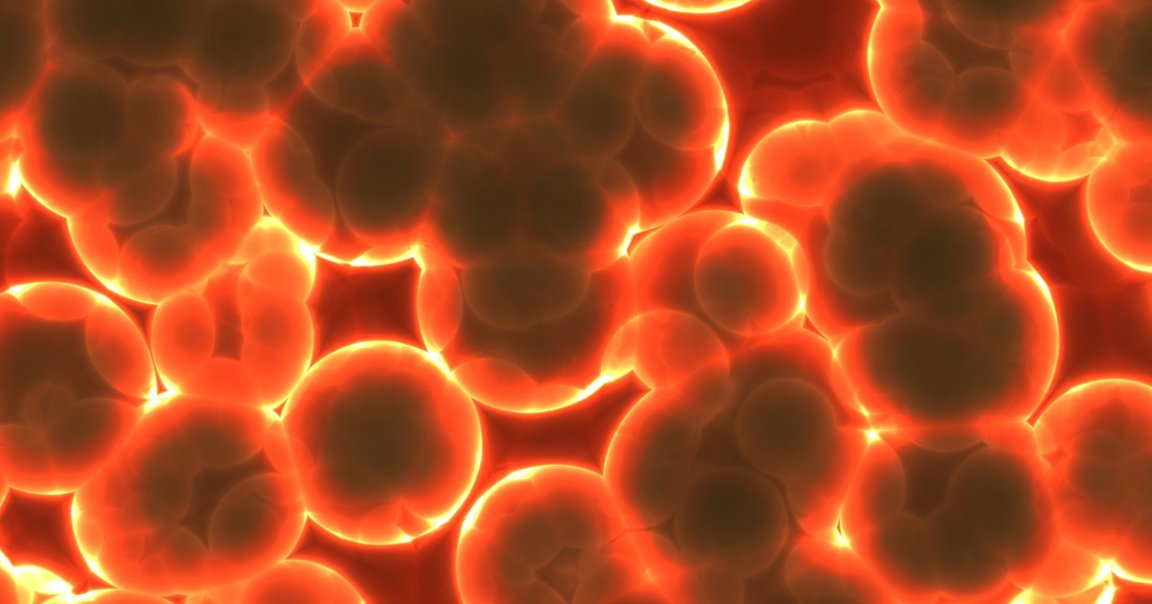
Antibiotic Resistance
A newly-discovered gene gives infectious bacteria the ability to survive even the strongest antibiotics.
Cornell University biologists found the bacterial gene mcr-9, which when activated makes bacteria resistant to an “antibiotic of last resort” called colistin, according to research published in the journal mBio on Tuesday. If bacteria with the gene were to spread, doctors could find themselves facing a dangerous and perhaps untreatable superbug.
Colony of the Traveling Genes
We’ll give you the bad news first: mcr-9 is highly mobile, per the study. Bacteria can swap genetic information into their DNA, and the readiness with which mcr-9 is transferable means that this antibiotic resistance could rapidly proliferate, rendering existing treatments all-but-useless.
“If you go to a hospital and this gene is floating around, that can be trouble. The gene is moveable. It jumps,” said lead researcher Martin Wiedmann in a university-published press release. “In treatments, if colistin does not work, it literally could mean death for patients. If colistin resistance spreads, a lot of people will die.”
Preventative Measures
Now the good news: identifying the gene responsible for colistin resistance means that doctors can screen for it when admitting a patient into a hospital.
Measures like these could keep these mcr-9-equipped superbugs from spreading while scientists try to develop new ways to kill them off.
READ MORE: Scientists identify ‘jumping’ superbug gene resistant to last-resort antibiotic [UPI]
More on antibiotic resistance: There’s a New Antibiotic in Town, and We Can Create It in the Lab